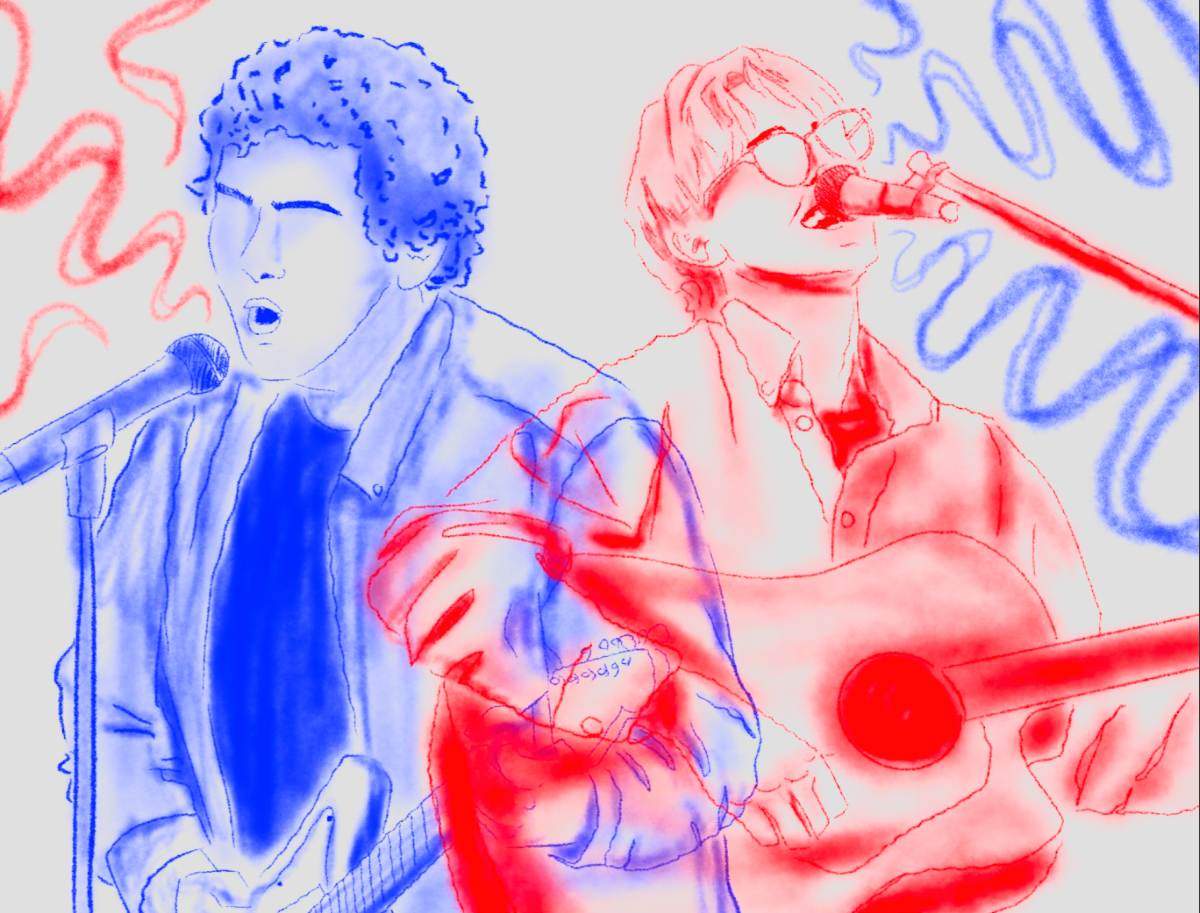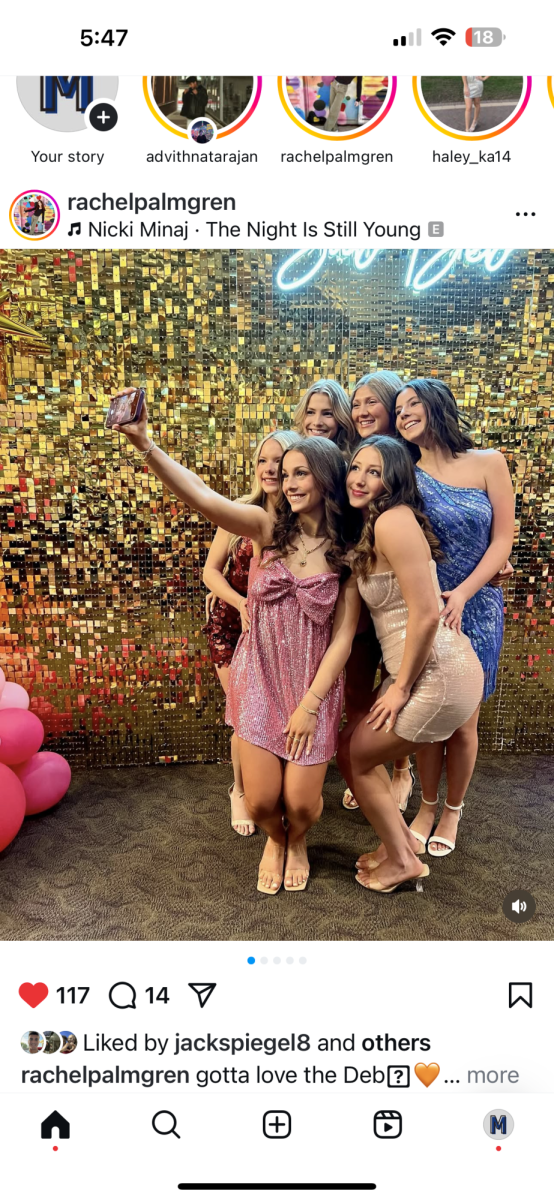Minorities deserve better representation in entertainment
March 31, 2021
A movie that I absolutely love is “Love, Simon,” adapted from the book “Simon vs. The Homosapiens Agenda” written by Becky Albertalli. It tells the story of Simon Spier, a closeted teen who is struggling to accept himself and come out to those close to him. Simon is eventually blackmailed and threatened to be outed. Spoiler, he is outed, his friends get mad at him and struggles emotionally. It ends in a very cliche, happy way with his friends forgiving him, he meets the guy he has been emailing, and lives a happy life.
This is one of my favorite movies, but I was also frustrated watching it. Yes, it is a cliche high school story, and this is to be expected, but it’s the same thing every closested teen character deals with.
Every minority group deals with an extensive amount of misrepresentation and stereotypes.
Black characters have harmful stereotypes such as the sassy black woman, the struggling teen with a horrible home life or the black guy always dying first, to name a few.
Asian characters face far too many, such as being the submissive love interest of a powerful white main character, or the “model minority,” where they are the scientist, the doctors, the good students who come from good families.
Latinx characters, if and when they are represented, are often associated with drugs and are known only for their sex appeal, and the “Spicy Latina” trope was made. You also catch them listening to Selena any chance they get, a very common stereotype that exists in the majority of the movies.
For indigenous people, who are barely represented in films, are misrepresented to the highest degree. “The Native Warrior” trope is one that existed for decades, especially in Western movies. The plot consists of European settlers and Native Americans, where the natives are seen as the villains. There are the “Indian Princes” tropes, where the indigenous woman falls for or is “lured” by white males and eventually joins them in furthering the “civilizing” of indigenous people.
There are plenty of historical inaccuracies that occur, the biggest and most famous example being the 1995 film “Pochahontas,” which has so many inaccuracies, and gets more inaccurate in the sequel film.
Mental disorders are always portrayed horribly in films, but more so when it comes to neurodivergent characters. A film directed by music artist Sia titled “Music” is by far one of the most offensive and disgraceful movies portraying an autistic character. Not only is the character portrayed in the most stereotypical, generic, and blatantly wrong way, a neurotypical person plays them. Maddie Ziegler is not neurodivergent and shouldn’t have portrayed the character. There were multiple actresses who are autistic that offered to play the role, but were turned down. It’s just one more example of ableism in films and in society.
The continuous misrepresentation has harmed the groups. LGBT+ people are seen as overly flamboyant and lackluster in any kind of personality, and continue to be discriminated against, cultural appropriation continues to occur no matter how much people speak out against it.
Hollywood needs to put its head on its shoulders and use some basic common sense. Have people who are actually Asian play Asian characters, have trans women become successful women who are accepted and not dealing with transphobia all of the time, have indegnious people actually in films, educating people on their culture, have neurodivergent people play neurodivergent characters. They capitalize off of misrepresentation and get away with it.



